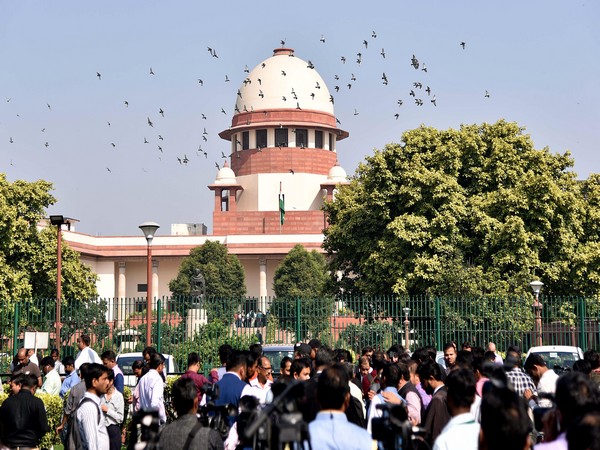Context:
Recently, the Chief Justice of India has set up a Special Bench to hear cases questioning the legality of the Places of Worship Act (Special Provisions) Act, 1991.
More on the News
- The Bench of three judges would be headed by Chief Justice Khanna, Justices Sanjay Kumar and K.V. Viswanathan.
- Several petitioners have blamed the 1991 law for preventing Hindus, Jains, Buddhists, and Sikhs from seeking legal recourse to reclaim places of worship allegedly encroached upon by historical invaders.
- Muslim organisations such as the All-India Muslim Personal Law Board (AIMPLB) and Jamiat Ulama-i-Hind have opposed these petitions.
Reasons for Constituting the Bench
- The constitution of the Special Bench comes amidst hectic judicial interventions by local courts in states like Rajasthan and Uttar Pradesh in civil suits that challenge the origins and character of mosques.
- Particularly, the Gyanvapi mosque is at the centre of multiple civil suits instituted by Hindu petitioners claiming the presence of a prior Hindu temple under the mosque and their right to worship there.
Muslim organisations’ stance
- Muslim organisations have argued that the Places of Worship Act has been instrumental in upholding important principles like fraternity, secularism, and virtues of the Preamble of the Constitution.
- They also see the law as safeguarding parts of the Basic Structure of the Constitution.
- The Gyanvapi mosque management has argued that rhetorical claims and “purported grievances” caused by ancient rulers of the Mughal period cannot be grounds for challenging the validity of a central legislation.
Key Issues Before the Court
- Whether Sections 2, 3, and 4 of the Places of Worship Act 1991, violate Articles 14 and 15 and the guarantee of equality in the Constitution?
- Whether Sections 2, 3, and 4 violate Articles 25, 26, and 29 and the basic feature of secularism in the Constitution?
- Whether temples ‘destroyed by invaders’ remain temples under Hindu and Islamic personal law?
Places of Worship Act (1991)
- The Act was enacted by the Congress government under Prime Minister P.V. Narasimha Rao amid the communal turmoil that followed the demolition of the Babri Masjid in Ayodhya in 1992.
- The law preserves the character of a place of worship as it existed on August 15, 1947, and prohibits courts from examining whether any place of worship has been altered since that date.
- Section 2 of the act includes definitions of place of worship, commencing date (11 July 2024), etc.
- Section 3 of the Act criminalizes ‘conversion’ of a place of worship, either in whole or part, from one religious denomination to another, or even within different sects of the same religion.
- However, Section 5 of the Act explicitly exempted the Ram Janmabhoomi dispute from its purview, as the matter was already sub judice when the law was enacted.
- Section 4 declares that the character of a place of worship will be determined as it was on August 15th, 1947.

